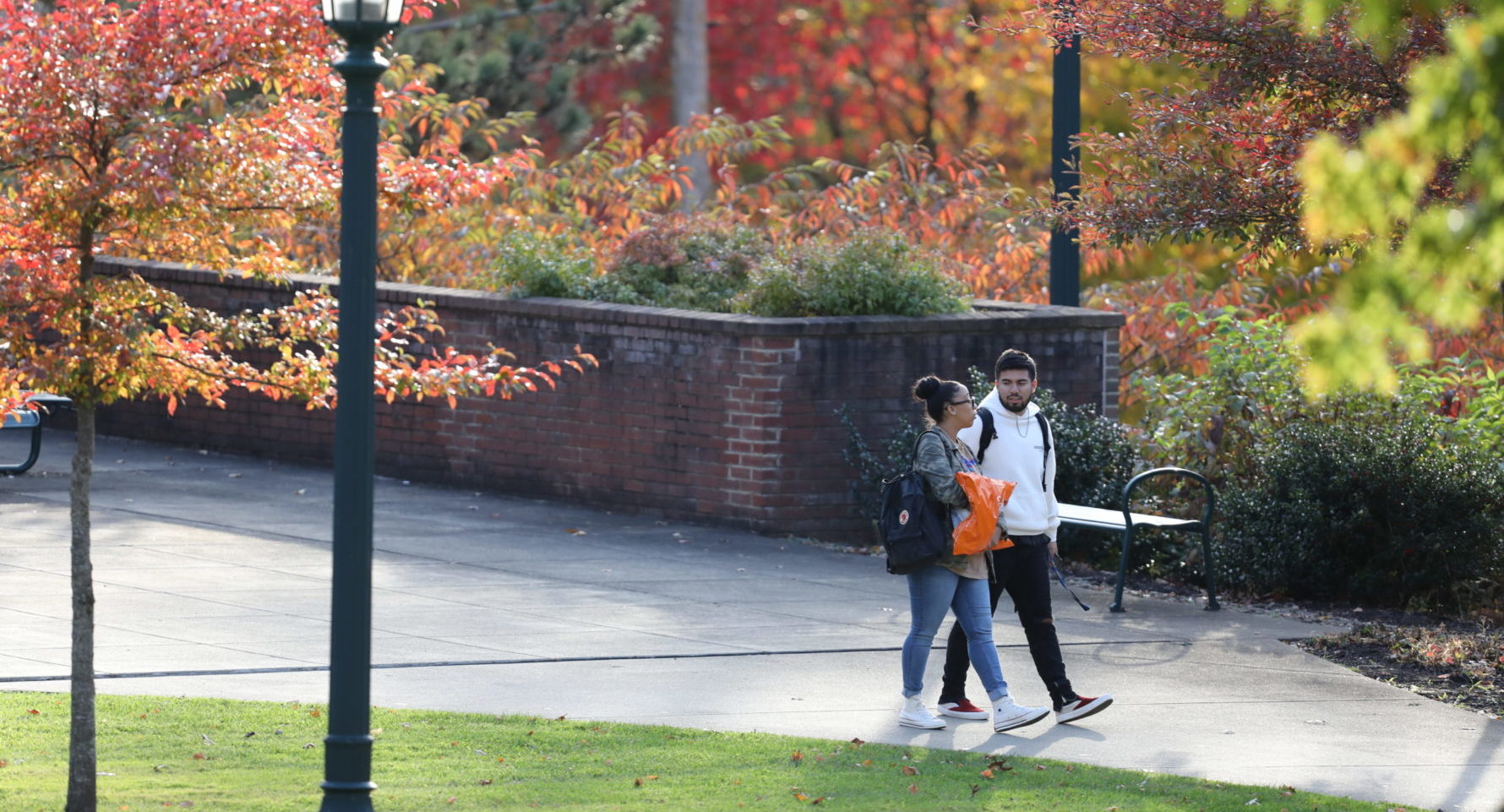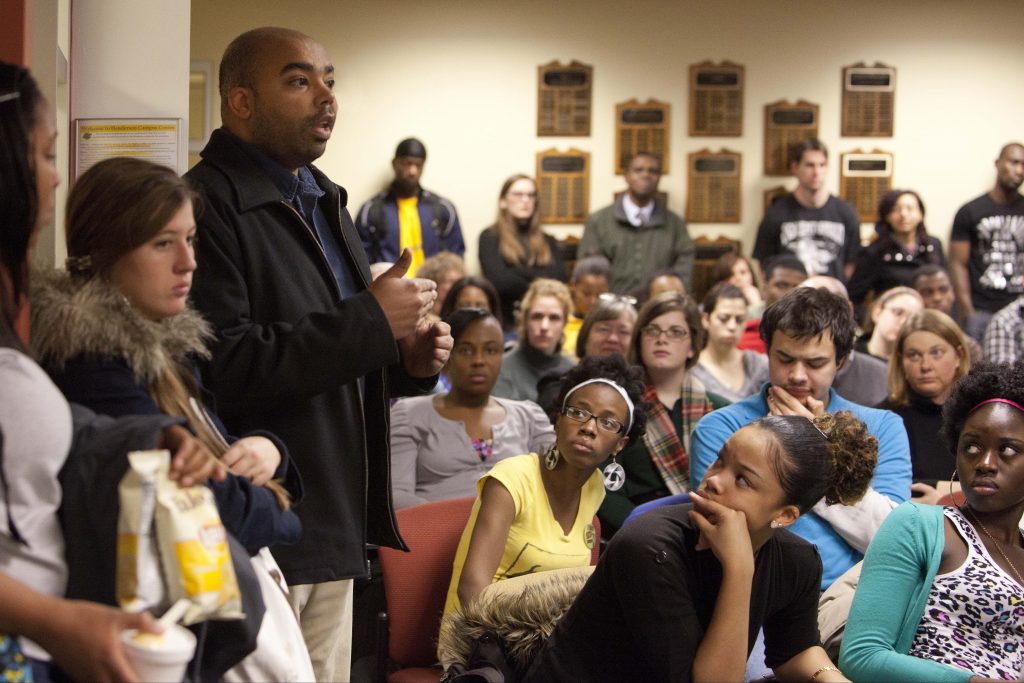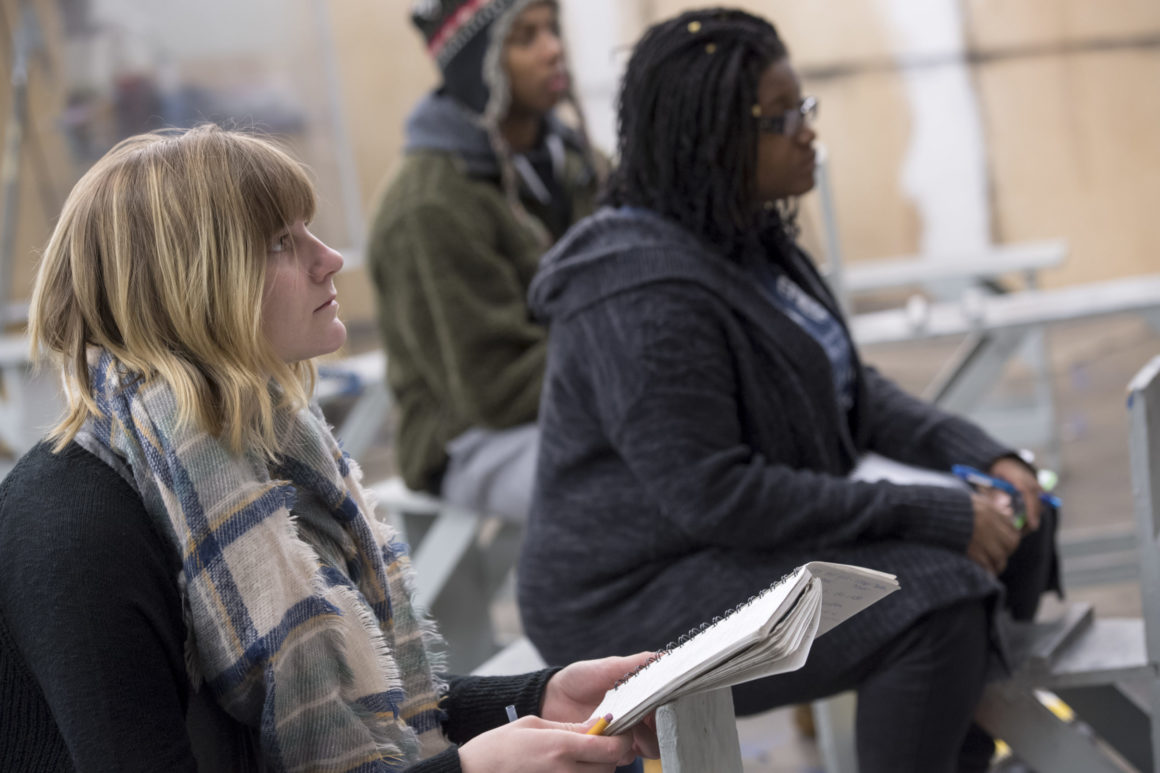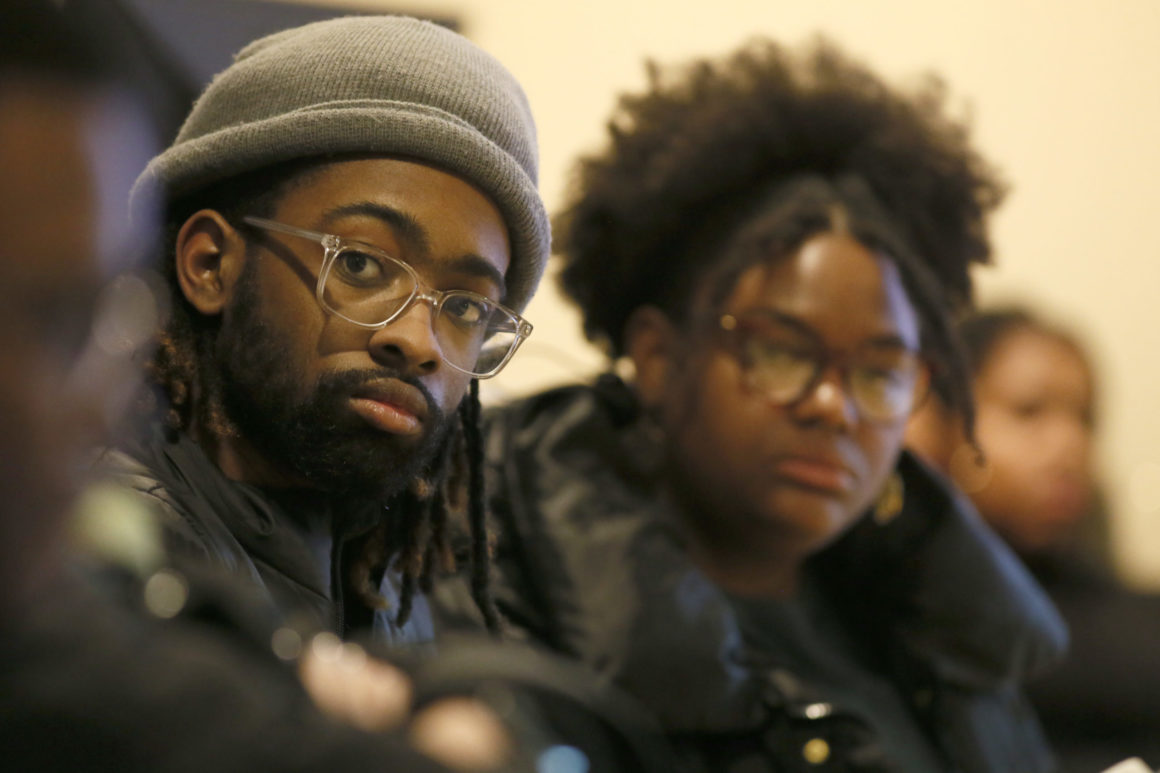Interdisciplinary Studies
Black Studies Minor
As a Black Studies student, you'll prepare to become a scholar and engaged member of local and global Black communities. You'll explore African American and diasporic history and culture through a wide array of disciplines that challenge you and expand your perspectives.

Your Four-Year Journey
Students often combine Black Studies with a major in Communication & Cultural Studies, Community & Justice Studies, Economics; English, Global Health Studies, History; Political Science, Psychology, or Women’s, Gender, & Sexuality Studies.
Learn key concepts in the field, how to ask new questions that center Black cultures and race, and understand how contemporary activism and scholarship is grounded in the discipline's activist roots.

Your second year is when you’ll start to build your interdisciplinary program in consultation with your mentors by drawing on courses from across campus that bring your interests into focus.

This is an important year as you learn the central role critical race theory plays in blending knowledge and activism. You also continue to build your minor from electives offered across campus.

In your final year, you’ll engage in a capstone course that synthesizes the minor and asks you to reflect on how you might draw on what you’ve learned in Black Studies as you think about your life after graduating from Allegheny.

Career Outcomes
93
of Allegheny graduates are employed, in grad school, or in full-time service within six months.
80+
Acceptance rate to graduate and professional school for Allegheny students
Alumni Careers — A Sampling
Biology Major/Black Studies Minor, Class of 2016
“ I have been challenged to integrate the material across many different disciplines and to think critically about how these varying areas of academia add to not just the understanding of race and racism in the modern world but also a comprehension of the oppression faced by all types of marginalized people. ”









